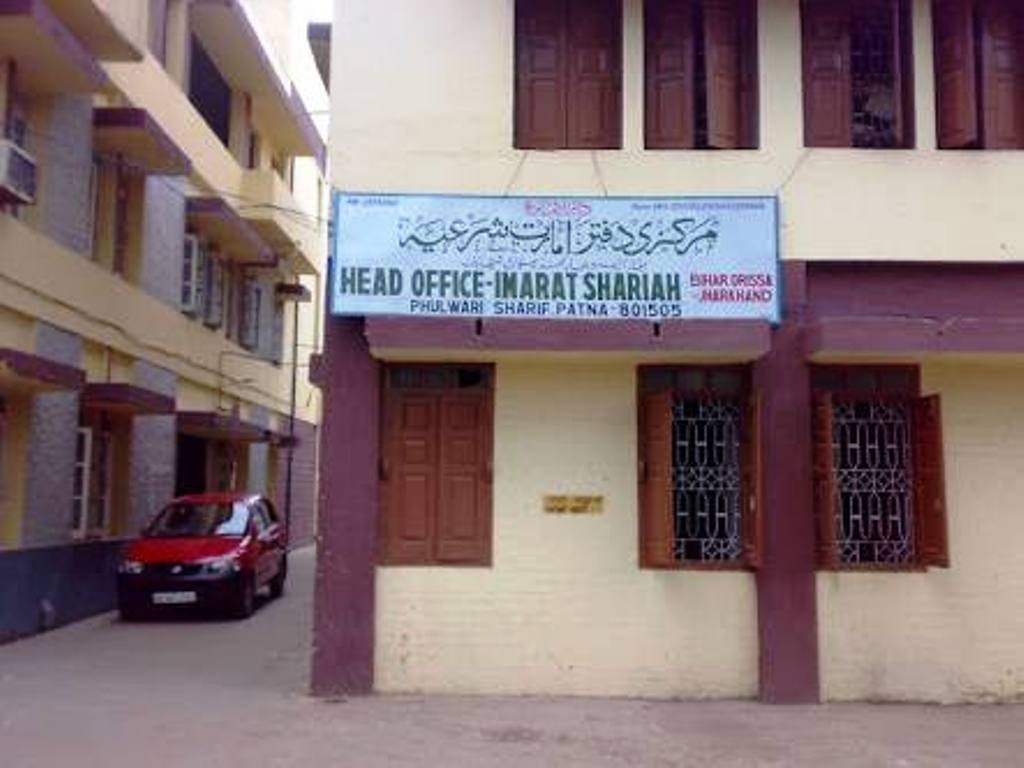A Muslim woman’s decade-long struggle to get Khula

By Nadia Hussain, TwoCircles.net
When Shabana (name changed) got married to Javed (name changed) in 2006. she had never imagined the battle she would have to fight in order to get her freedom back. Like any Muslim girl from a small town, Shabana was married to the man of her parents’ choice and Javed also followed his parents’ order and agreed to the wedding.
Javed’s father was a Maulana and people respected him a lot, so Shabana’s family didn’t inquire much about Javed and went ahead with the wedding. After the wedding, things didn’t work out between Shabana and Javed. Shabana tried her best to be a good wife and daughter-in-law, but it seemed impossible for Javed to accept Shabana as his wife. Shabana alleged that Javed and his sister-in-law were involved in an illicit relationship, and Javed never negated this fact.
The ongoing court cases in the High Courts of Jaipur and Patna and the appeal in the case of guardianship in Supreme Court of India throws light on the tension and issues between the couple. A breaking point was reached when Shabana asked Javed to give her triple Talaq, but he rejected this plea by putting forward the argument that “it’s a hateful act in eyes of Allah’’; the irony is that he never realised that the act of deserting one’s wife and kids is also hateful in eyes of Allah.
Shabana’s family supported her in filing suit for restitution of conjugal rights (Restitution of conjugal rights means restoring the right of a spouse to live with the other), Maintenance (The amount which a husband is under an obligation to make to a wife either during the subsistence of the marriage or upon separation or divorce, under certain circumstances) and appealed in the Supreme Court against the High Court’s order in the case of the guardianship of children. But they were always hesitant in going ahead with the process of Talaq and separation. They loved Shabana, but not more than the pride and prestige of their family. They wanted her to stay happy but they never realized the pain of her loneliness, to see her kids growing up without the love of their father and anger towards her husband.
It happens in many cases that when a girl has issues and problems with her husband or his family which cannot be resolved, her parents try to get her separated from the man as soon as possible so that she can move ahead in life. And they often give the reason that for them the happiness of their daughter matters the most, and the prospect of finding a groom remains high when the age of the woman is less irrespective of the fact that she is a divorcee.
Shabana finally got separated from Javed when she took matters into her own hand and decided that now she needs to come out of this meaningless relationship. Javed’s life was not much affected by his former marital status, because being a Muslim, he could have married other women as Islamic law allows four wives. And Shabana alleged in the proceeding that he must have got married, to which he didn’t retort.
After fighting for 10 years, Shabana finally got the freedom from the burden of a hollow marriage; according to her the only happiness which she got from the marriage was her kids.
Javed looked determined and said he will try his best to get his kids back, ironically he had not seen them for the last 10 years. On being questioned by Shabana whether he will be able to recognize them, Javed responded that a father doesn’t need to recognize his kids because no matter where the kids go, or with whom they stay, they will always be recognized by their father’s name. Unfortunately, Islam which vows to give such a high regard to women doesn’t recognize them competent enough to be natural guardian of their kids. We are strong enough to give birth but not capable enough to raise a kid and take decisions for/about them.
As a rule of Shariah, Khula is Talaq in lieu of something and generally the wife waive off her maintenance (Iddat Kharch) which a husband is supposed to give after the divorce, but in this case Javed insisted that he will give her maintenance and will also return in cash the money spent on gifts given in the wedding. Shabana’s family was angry to hear this and Shabana said if he really wants to return something he should return her 10 years which he deliberately wasted.
Being a lawyer and a legal researcher at Imarat-e-Sharia, Patna, for two years made me question the setup of our society as 95% victims of Marital issues were women and majority of them were fighting the cases alone without any support from their families, the prestige of family always overpowered the love for their daughter, religion is always taken as a shield to protect oneself from cowardly acts, what is highly questionable here is, the low rate of compliance in matrimonial cases. Although Shabana won cases of Restitution of conjugal rights and maintenance there was no compliance from Javed’s side and there was no action from the court for non-compliance, it was only the fear of stringent criminal law like 498-A which forced Javed to come.
